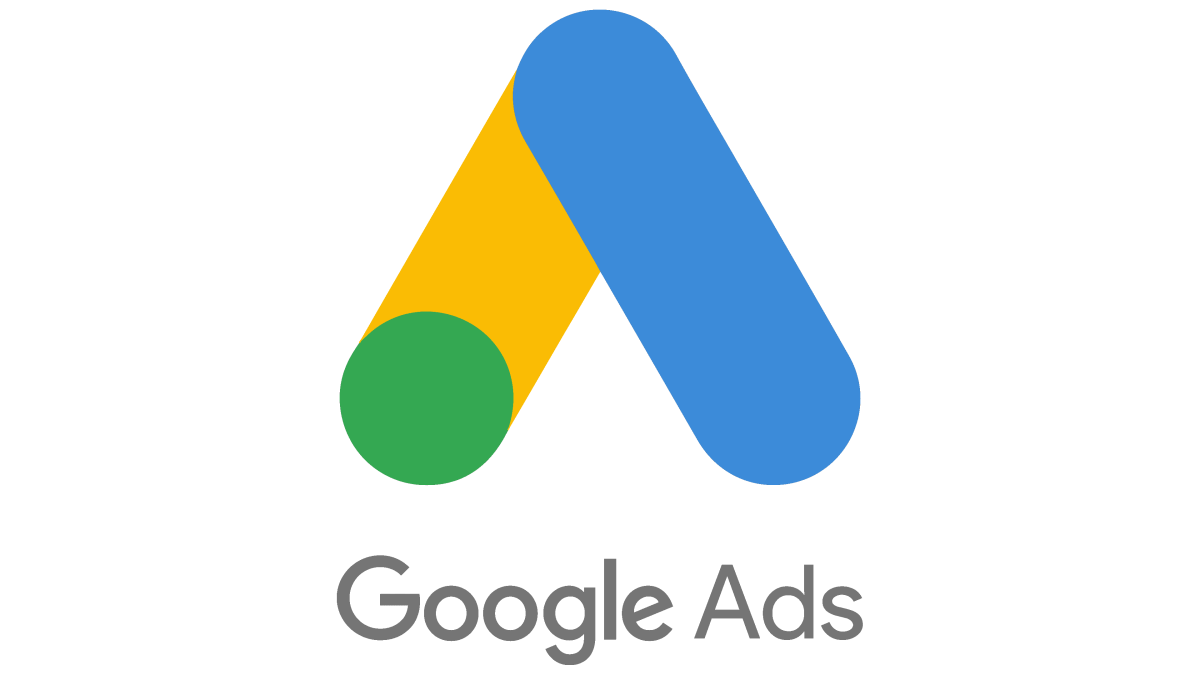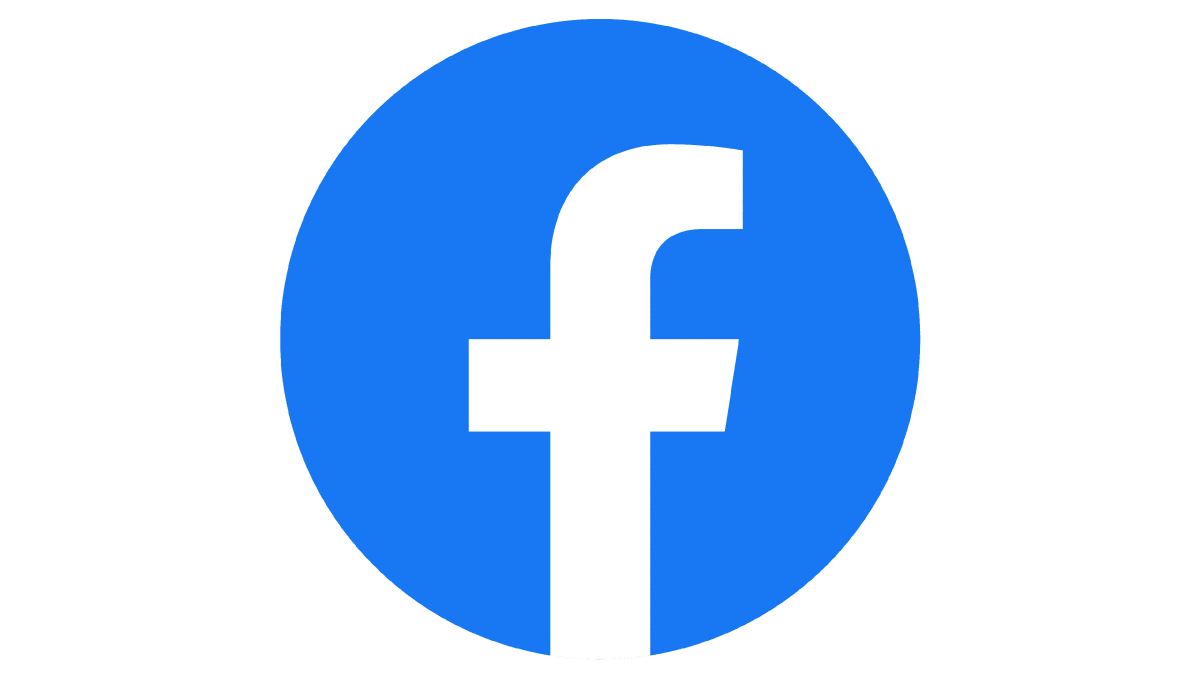SEO vs. PPC: Which Is Better for Your Business in 2024?
When it comes to driving traffic to your website and boosting conversions, two digital marketing strategies dominate the conversation: SEO (Search Engine Optimization) and PPC (Pay-Per-Click) advertising. Both are powerful, but they work in very different ways. So, which is better for your business—SEO or PPC? In this blog, we'll explore the pros and cons of each approach and help you decide which one aligns best with your business goals in 2024.
What is SEO (Search Engine Optimization)?
SEO is the process of optimizing your website so that it ranks higher in search engine results pages (SERPs) without having to pay for ads. By using various techniques like keyword optimization, content creation, and improving the technical aspects of your site, SEO aims to increase your site’s organic visibility and drive free, long-term traffic.
Key components of SEO include:
- On-Page SEO: This involves optimizing individual pages on your website by targeting specific keywords, creating high-quality content, and ensuring proper use of meta tags, headers, and internal linking.
- Technical SEO: Ensuring that your website is technically sound for search engines to crawl and index, including site speed, mobile-friendliness, and fixing crawl errors.
- Content Marketing: Creating valuable content that answers the questions and needs of your target audience.
- Backlinking: Building high-quality backlinks from authoritative websites, signaling to search engines that your content is trustworthy.
SEO efforts typically take time to show results, but once your site ranks well, the traffic can be sustainable and continue to grow over time.
What is PPC (Pay-Per-Click)?
PPC is a form of digital advertising where you pay a fee each time someone clicks on your ad. These ads can appear in search results, on social media platforms, or across display networks. The most common PPC platform is Google Ads, which allows you to bid on keywords so your ads appear when people search for those terms.
Key components of PPC include:
- Keyword Bidding: You bid on keywords that are relevant to your business. The more competitive the keyword, the higher the cost per click.
- Ad Creation: You create compelling ads that are designed to attract clicks from potential customers.
- Targeting: With PPC, you can target specific audiences based on demographics, location, interests, and more.
- Landing Page Optimization: Ensuring that the page users land on after clicking the ad is relevant and optimized for conversions.
Unlike SEO, where traffic is organic, PPC generates instant visibility—your ad will appear at the top of the search results page or on other platforms as soon as your campaign goes live.
SEO vs. PPC: Understanding the Key Differences
Cost:
SEO generally involves little to no direct financial cost beyond the resources required for content creation, optimization, and time invested. However, it’s a long-term strategy that can take months to show results. PPC, on the other hand, requires a budget to run ads, and you pay for each click you receive, which can be expensive in competitive industries.
Time to Results:
With SEO, results don’t happen overnight. It can take anywhere from a few months to a year to see significant ranking improvements. But once you’ve built strong SEO foundations, your organic traffic can continue to grow with relatively less ongoing effort. PPC provides immediate results—you can start seeing clicks and traffic as soon as your ads go live.
Sustainability:
SEO is a long-term strategy. After you achieve good rankings, you can maintain that traffic with ongoing optimization, but the initial effort is substantial. Once you stop working on SEO, your rankings will gradually drop. PPC is more short-term: once you stop paying, your ads disappear, and the traffic stops immediately.
Click-Through Rate (CTR):
In general, organic search results tend to have a higher click-through rate than paid ads, especially for established websites with strong authority. That’s because many users trust organic results more than ads. However, with PPC, you can target specific keywords and audiences, so your ads can have a higher CTR in the right circumstances.
Targeting:
SEO is mostly about targeting the right keywords and creating content that satisfies search intent. You have limited control over who clicks on your link, other than your optimization efforts. With PPC, you have a lot more control. You can target specific demographics, locations, devices, and even times of day. This makes PPC particularly useful for businesses with a well-defined audience.
When Should You Use SEO?
SEO is a great option if you’re looking for sustainable, long-term growth. It works particularly well if:
- You have time: SEO takes time to yield results. If you have a longer-term perspective and can wait for your website to climb the ranks over several months, SEO is ideal.
- You want consistent traffic: Once you rank for important keywords, you can expect a steady flow of organic traffic. As long as you continue optimizing and adding valuable content, SEO can be an ongoing source of website visits.
- You have a limited budget: Unlike PPC, SEO doesn’t require ongoing financial investment. While there are costs associated with content creation and SEO management, the return on investment (ROI) over time can be quite favorable, especially for smaller businesses.
- You want to build brand trust: Users often trust organic results more than paid ads. Ranking high in search results can help establish your brand as a credible and authoritative source in your industry.
When Should You Use PPC?
PPC can be the right choice if you need quick, measurable results. It’s especially beneficial when:
- You need immediate traffic: If you’re launching a new product, promoting a time-sensitive offer, or need to drive traffic to your site quickly, PPC can deliver instant visibility and clicks.
- You have a clear target audience: PPC allows for precise audience targeting, so if you know exactly who you’re trying to reach, PPC is an effective tool.
- You have the budget for it: PPC can be expensive, especially for highly competitive keywords, so it’s best suited for businesses that have the resources to allocate toward a paid advertising campaign.
- You want to test and optimize quickly: With PPC, you can test different keywords, ads, and landing pages in real-time. This helps you optimize your campaigns quickly for maximum effectiveness.
Can SEO and PPC Work Together?
Many businesses find that using both SEO and PPC together is the most effective strategy. Here’s why:
- PPC can drive immediate traffic while you build your SEO strategy.
- SEO can enhance your PPC efforts: Organic rankings provide social proof, and users may be more likely to click on your paid ads if they also see your website ranking high organically.
- Test keywords with PPC: You can use PPC campaigns to test the performance of certain keywords before investing in long-term SEO efforts.
By combining SEO and PPC, you can cover both immediate and long-term growth and gain maximum visibility across search engine results pages.
Conclusion
The decision between SEO and PPC ultimately depends on your business needs, goals, and resources. If you're looking for long-term, organic growth and have the time to invest, SEO is a great choice. On the other hand, if you need quick results or have a specific, targeted audience, PPC may be the better option.
At Search Peak Marketing, we can help you develop a tailored strategy that blends the strengths of both SEO and PPC to achieve your business objectives. Whether you’re looking to build your brand organically or drive instant traffic, we’re here to help you navigate the best approach for your unique needs. Contact us today to learn more!


